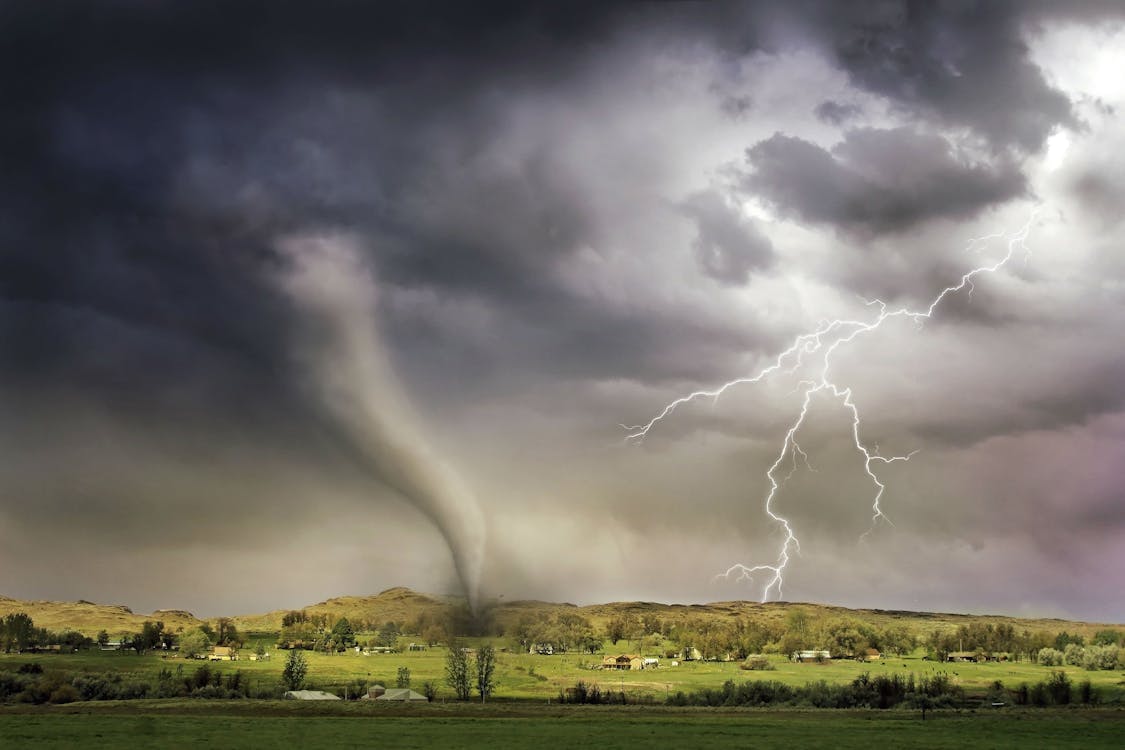Florida is no stranger to extreme weather, including hurricanes, floods, and severe storms. While news services keep residents of Hollywood, Homestead, and other communities aware of when bad weather is coming, we don’t just need to worry about safety during a storm. The hours and days after a natural disaster can be just as dangerous and can lead to personal injury.

What Are the Risks and How Can I Stay Safe?
After a natural disaster has passed, there are still many risks to your safety.
- Electrocution. Avoid downed power lines and report them to your utility company. If any appliances, power cords, outlets, or any electrical devices have been submerged in water, don’t use them. Get help from an electrician to make sure they’re safe.
- Carbon monoxide (CO) poisoning. You may need to use a generator, outdoor grill, or alternate form of heat if your electricity is out. However, these items can produce CO, a potentially deadly, odorless, colorless gas. Never use grills, generators, camp stoves, or other items intended outdoors inside your home—even if you leave the windows and doors open. If you do run these items outside, keep them at least 20 feet from windows and doors. Inside your home, install a CO detector, if you don’t have one, and check it after the storm to make sure it alerts you if you’re in danger.
- Gas leaks. If you have any gas-powered appliances or gas lines in your home, severe weather can cause damage to these pipes, leading to leaks. A gas leak can lead to explosion or fire, so if you smell gas in your home, leave at once and call 911.
- Fire. Fire is a serious concern after a natural disaster. Electrical equipment and appliances may have become damaged in the storm, leading to fire. In addition, many people use candles if the power is out, and this can easily lead to fire. Use flashlights, instead, and never turn on appliances if you see any signs of damage or contact with water.
- Property damage. Strong winds and rains can damage windows, doors, siding, roofs, and other parts of structures. Even well after a natural disaster, mold and water damage can take weeks to fully appreciate. In some cases, property damage is structural and is not always apparent. A leaking pipe behind walls, for example, can take days to make itself known. After a storm, always do a thorough inspection of your property and take photos of any potential damage.
- Secondary injury. It’s not unusual for injuries to happen after a storm. People may end up being in accidents if they try to drive across flooded streets, for example. If you step out on your porch after a storm, you may fall and suffer an injury if the porch has been damaged. Always use extra caution after a natural disaster or serious storm. Follow weather and safety alerts on your phone.
Do I Have a Claim?
If a storm has caused injury or property damage, there are still situations where you may have a personal injury claim. If negligence played a role in your injury or property damage, you have a claim for compensation. For example, if a neighbor was negligent in securing part of their property and it caused damages, you may have a claim. You may also be able to sue if a contractor completed substandard work on your home and this led to damage. You may want to speak to a personal injury attorney to find out whether you have a claim.
More commonly, homeowners will make claims on their property owner’s insurance policy and tenants will make claims on their tenant’s insurance policy. Even in this situation, it can be useful to speak with a property damage claims attorney. Insurance companies want to resolve claims cheaply and quickly. Your attorney is there to seek fair compensation for you.
If you have suffered property damage or injury during or after a weather event and would like to speak to an attorney, call Flaxman Law Group at 866-352-9626 or contact us online to schedule a free, no obligation consultation. Our team has already recovered over $100 million for our clients and we know how to pursue compensation.
 Florida Injury Lawyer Blog
Florida Injury Lawyer Blog

